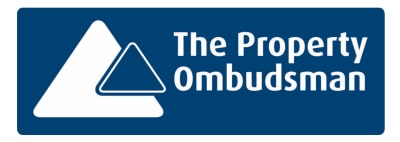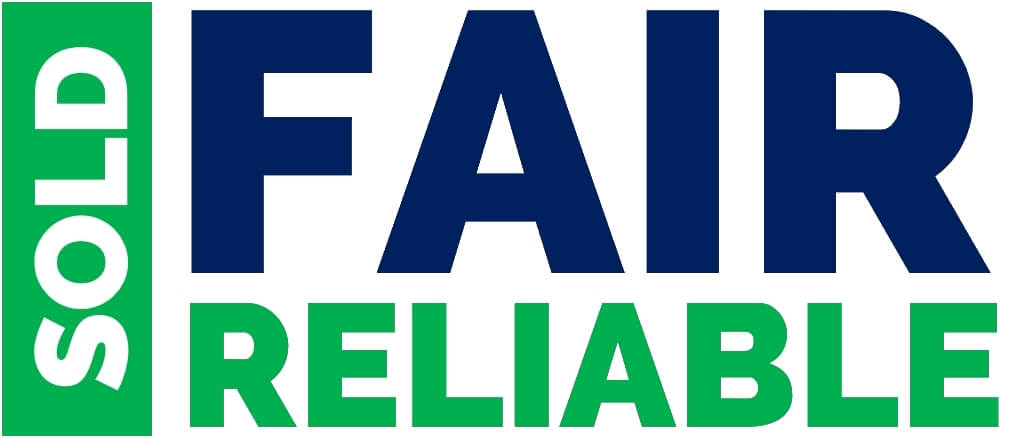Sell Your Home Before Auction Day?
When selling your home by auction, it’s likely you will receive offers before auction day. What are the pros and cons of accepting an offer before auction?
Call 0800 862 0206 for your FREE sale price estimate
Dealing with pre-auction offers – a guide for UK property owner’s who are selling a house, flat or commercial premises by auction.
If you’ve booked your property into auction and received an attractive offer from a prospective buyer before auction day, what should you do? This guide offers some pointers to help you decide whether it’s sensible to accept an offer before auction, or let the prospective buyer bid along with other buyers and compete for your property on auction day.
Auction marketing is very powerful. Within just a few days of instructing an auction company to sell your property, an intensive marketing campaign targets a wide audience of prospective property buyers. This usually results in a number of interested buyers putting forward their offers before auction day. The question is whether to accept the best offer before auction, or wait for competitive bidding on the day?
Whether you’re inclined to accept a pre-auction offer or not, it’s important to make sure all offers you receive from prospective buyers are directed to the auction company, who will be able to check the legitimacy of any offers received.
We’ve seen plenty of examples of potential buyers making offers directly to property sellers, either after a scheduled viewing date or by posting a note through the letterbox of the property for sale! Sometimes the offers are genuine, but sometimes they’re not. Be very wary if a prospective buyer asks you to withdraw your property from auction or asks you to sign an agreement. Even if the offer amount seems attractive, there is no guarantee the prospective buyer will see their purchase through to exchange and completion, leading to lots of time wasting for all involved.
The auction company has your interests in mind; they want to ensure a successful sale at the best possible price. It’s always best to let the auctioneer negotiate any pre-auction offers on your behalf.
All good property auctioneers will provide you with regular updates throughout the marketing period (usually 3 weeks) running up to auction day, or at the very least an update one week before auction day. And auctioneers are required by law to inform you in writing of any offers received for your property prior to auction.
Feedback from marketing activity provides you with a measure for the level of interest in your property. Updates from the auction company will typically include:
1) The number of people who have attended viewings.
2) The number of legal packs downloaded.
3) The number of buyers who have registered to bid, including proxy bids.
4) Details of offers received.
The decision to accept an offer prior to auction can be guided by feedback from the auctioneer. By weighing up the pre-auction offer amount against the level of interest in your property, it should usually be a fairly easy decision.
ln the vast majority of cases, we recommend not accepting offers before auction day. The auction is a competitive environment and most buyers will show their best bid in the auction itself rather than beforehand. It could be argued that a purchaser wanting to acquire before the auction is attempting to do so, as they believe the competition of the auction will force them to pay more.
However, there are some circumstances when accepting an offer before auction day might be a preferred option:
1) Selling to a preferred buyer – we often hear about cases where friends or neighbours of the seller have expressed an interest in buying their property, but nothing has come of it – months or years later they’re still a long way from financially committing to the purchase. By entering the property into auction the seller is making time of the essence; the property will be sold by a set date. The seller can let their friend neighbour know the property has been entered into auction, but is prepared to accept an offer (and exchange contracts) at an agreed price and only then will the property be withdrawn from auction. The seller is essentially giving the friend or neighbour the right of first refusal, but with a hard deadline in place.
2) The guarantee of a sale – if you need a quick sale and would prefer to exchange contracts with a buyer before auction day, this can usually be arranged. But do bear in mind the sale price for a direct sale will almost certainly be less than a sale price achieved at auction.
3) If the offer is too good to refuse – if the auctioneer has received a pre-auction offer that’s well in excess of the reserve price, it might be sensible to accept the pre-auction offer, but only if it’s the one prospective buyer who’s making the “too good to refuse” offer. If the auctioneer has told you they’ve had conversations with two or three prospective buyers considering bidding up to the same level, you might end up achieving considerably more if you wait for competitive bidding on auction day.
On rare occasions, an auctioneer will offer a seller an “underwrite agreement”. This is where a prospective buyer (usually an investor) has approached the auction company with an offer to guarantee / underwrite the sale of your property. The underwrite essentially means the seller benefits from the security of a sale now, at an agreed price, plus the the possibility of achieving a further payment depending on the final sale price achieved on auction day.
For example, assuming your property is entered into auction with a reserve price of £100,000. An investor might approach an auction company offering to purchase your property for £105,000 on the condition that the property is allowed to continue to be sold by auction.
The investor will transfer a 10% deposit (i.e. £10,500) to the auction company and there will be a signed agreement (an underwrite agreement) which commits the investor to their purchase regardless of what happens on auction day. The underwrite agreement will also include a clause that states the seller is entitled to a possible further payment when the property goes on to sell at auction; this further payment might be something like 40% of anything other £105,000.
The investor takes on a risk; if no other buyers are bidding at auction (or only bidding up to the reserve price) the investor has effectively overpaid for your property – they could have just bid at auction for £101,000 rather than pay the underwrite agreement price of £105,000. So that’s a win for the seller! But if the property sells for £150,000 the property investors gamble has paid off – they receive 60% of the difference between the underwrite price and the sale price (£27,000) and the seller receives their share (£18,000).
There is a marketplace that exists in the property world, where property traders buy a house from an estate agent or auction, and then sell the same property very soon afterwards, often without carryout out any improvement work to the property. They are essentially “flipping” the property in the hope of making a profit. This trading activity exists with traditional auction, modern auction and also with estate agency sales. Whilst there is certainly nothing wrong or illegal with this trading activity, we always like to encourage sellers to achieve the best possible price for their property, rather than selling to a trader.
The advice we give to property sellers who want to maximise the sale price, is to allow the auction to run its full course rather than accepting an early offer from a property trader. It’s as simple as that!
Looking to sell your house or flat? Request a free auction sale estimate and or call our team on 0800 862 0206 to talk about the best options for you.
Is it a good idea to accept an offer before auction?
What are the pro’s and con’s of accepting an offer before auction day? If you need any help please contact us to discuss your requirements.
Find an auctioneer
Need help choosing a local property auctioneer? Call 0800 862 0206 or send us an enquiry online.







